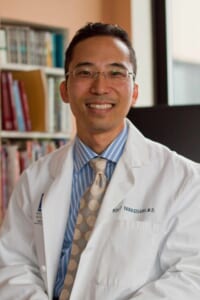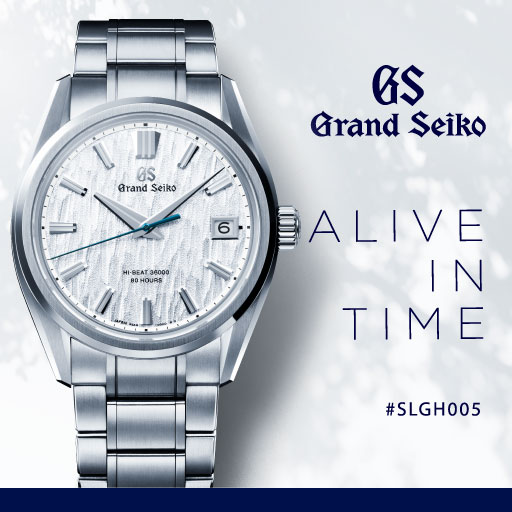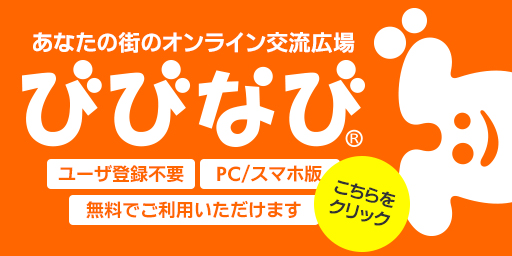Co-sponsored by The Nippon Club and Japanese Medical Society of America (JMSA)
“Mental Health Matters: The Corporate Role in Supporting Japanese Expatriates & Their Families”

The average professional will spend 90,000 hours at work throughout their life. Employers have a tremendous opportunity and responsibility to create mentally healthy workplaces by reducing exposure to psychosocial risks and hazards, promoting capacity-building and stigma-reducing efforts, and providing high-quality, easily accessible care. For Japanese corporations with U.S. subsidiaries, prioritizing mental health is especially critical due to the unique challenges faced by Japanese expatriates and their families. Relocating to a new country requires navigating cultural, social, and professional adjustments, which can contribute to heightened stress, isolation, and mental health challenges. Language barriers, differing workplace norms, and limited access to culturally competent mental health care further intensify these difficulties. This webinar seeks to equip corporate leaders with actionable, evidence-based strategies to proactively support Japanese expatriates and their families.
Thursday, March 12
7:00-8:00 PM (ET)
Free Webinar
(registration required)
After registering, you will receive a confirmation email regarding your participation in the webinar.
*This webinar will be held in English, but subtitles will be provided with simultaneous interpretation by AI.
*This event is an online event via Zoom. The actual event is not being held at The Nippon Club building.
◆ Lecturer Profile

Kathy Pike, PhD
Director, Columbia University Mental Health + Work Design Lab
CEO, One Mind
As a globally recognized mental health expert, Dr. Pike serves as the CEO of One Mind. Prior to joining One Mind, she founded and directed the Columbia University World Health Organization Center for Global Mental Health and led the Columbia University Mental Health + Work Design Lab where she provided thought leadership, content expertise, scientific research, and strategic guidance on advancing mental health at work. Dr. Pike retains a faculty appointment at Columbia University’s Department of Psychiatry and School of Public Health. Dr. Pike has received multiple awards for her work advancing mental health including the 2021 American Psychological Association Award for Distinguished Contributions to the International Advancement of Psychology.

Haruka Kokaze
Columbia University Mental Health + Work Design Lab & One Mind
Workplace Mental Health Research Associate & Lead Japan Strategy Analyst
Haruka serves as the Workplace Mental Health Research Associate and Lead Japan Strategy Analyst at Columbia University Mental Health + Work Design Lab and One Mind. In this role, she focuses on developing evidence-based frameworks tailored to Japanese corporations, addressing the mental health needs of their employees both in domestic headquarters and U.S. subsidiaries, including expatriates and their families.
Born in Kobe and raised in Tokyo, New York, Houston, and London due to her father’s global assignments, Haruka’s multicultural upbringing inspired her passion for psychology and mental health across diverse populations. During her master’s clinical internship, she worked as a substance abuse counselor at Weill Cornell Medicine’s intensive outpatient unit, an experience that underscored the importance of tailoring mental health care to the needs of underserved and marginalized communities.
Haruka has been recognized for her contributions to mental health in the Japanese community. In 2023, she spoke at the Association of Nikkei & Japanese Abroad’s convention in the presence of His Imperial Highness Crown Prince Akishino. Her work has earned accolades including funding from the Japanese Medical Society of America (2024), the Japanese American Association of New York (2023), and the inaugural Young Alumni Changemaker Award from The American School in Japan. She is also a Heartfulness Fellow at Stanford School of Medicine and a Multidisciplinary Addiction Training Scholar at NYU Langone Health.
Haruka earned her B.S. and M.A. in Applied Psychology and Counseling for Mental Health and Wellness from New York University.

Robert T Yanagisawa, MD
Professor, Medicine at the Icahn School of Medicine at Mount Sinai
Visiting Professor, Tokyo Women’s Medical University
Clinical Professor, Tohoku University School of Medicine
Graduating from Brown University Medical School in 1994, he completed his internal medicine training in the United States before temporarily returning to Japan to obtain a Japanese medical license. After completing a fellowship in endocrinology at the University of Massachusetts, he joined Mount Sinai School of Medicine in New York in 2001. He witnessed the 9/11 terrorist attacks firsthand and has since been providing regular medical care to police officers and firefighters, whose exposure during rescue operations doubled their risk of thyroid cancer. As the Director of one of the top-ranked endocrinology training programs in the U.S., he has trained over 50 endocrinologists. Currently, he serves as a Professor of Endocrinology at Mount Sinai, actively mentoring medical students in global health initiatives. During the 2011 Great East Japan Earthquake, he was serving as Vice President of the Japanese Medical Society of America (JMSA) and led a volunteer medical relief team of 40 professionals, working alongside Japan’s Disaster Medical Assistance Team (DMAT). Visiting Minamisanriku, Sendai, and Fukushima soon after the disaster, he recognized the critical need for long-term disaster medical care. Subsequently, he spearheaded efforts to integrate mental health and physical healthcare into a comprehensive disaster medicine framework. Additionally, he has facilitated an annual exchange program between 9/11 survivor families and medical teams in Tohoku, fostering meaningful dialogue and support among survivors of both disasters. In 2015, this initiative was recognized by the Japan Center for International Exchange (JCIE) as one of four innovative disaster response models applicable worldwide. The following year, he presented “3.11 and 9.11 Survivor Stories” to an audience of 250 at the Asia Society in New York. During the COVID-19 pandemic in March 2020, he was on the front lines, managing a COVID-19 ward at a university hospital with over 2,000 infected patients. Drawing from this experience, he promptly shared insights with Japanese university hospitals, contributing to early preparedness efforts. Committed to fostering U.S.-Japan medical collaboration, he continues to work toward enhancing healthcare and medical education in both countries.
【Contact】 info@nipponclub.org








